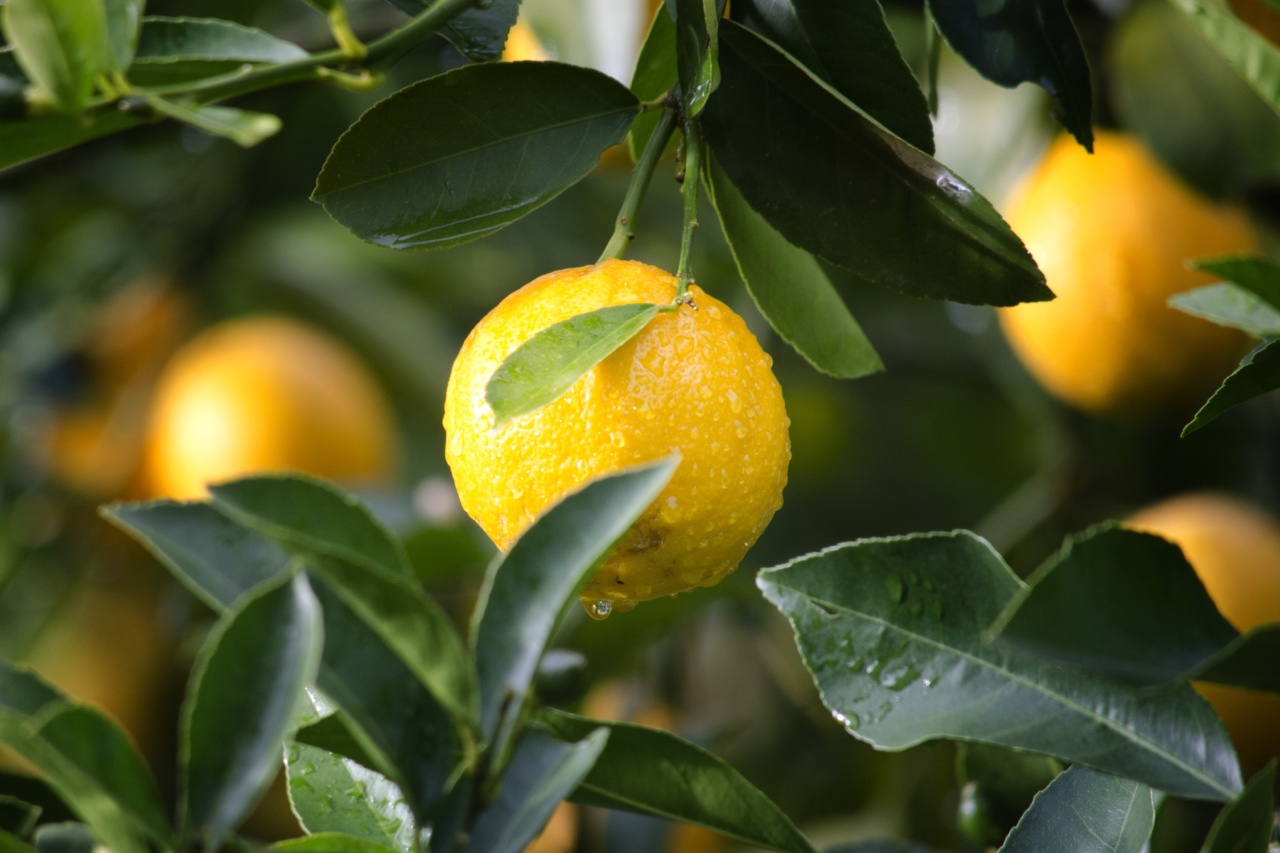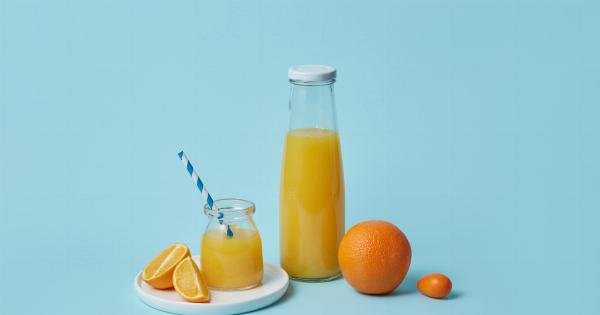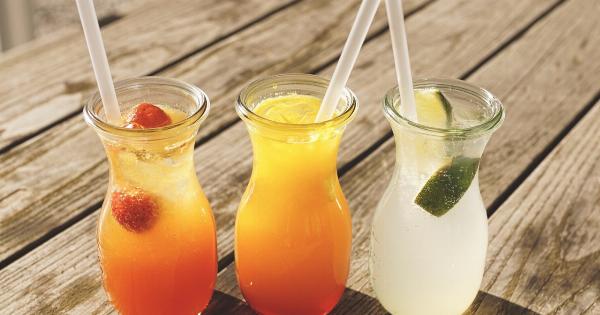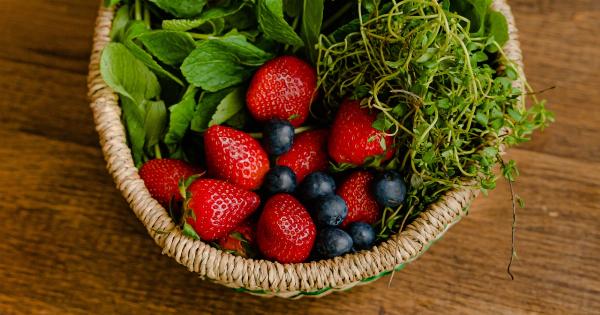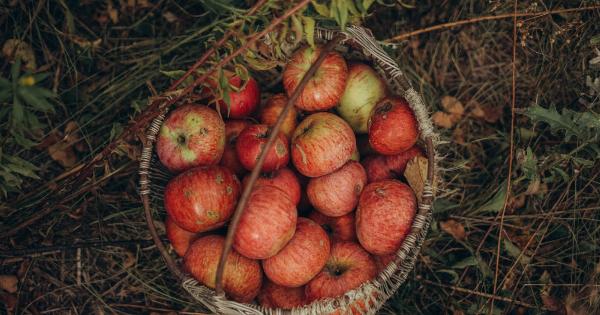Fruit juice is often considered a healthy alternative to soda and other sugary drinks. It is made from fresh fruits and packed with vitamins and nutrients that our body needs.
However, recent studies have shown that fruit juice is not as innocent as we thought, and it can pose some serious health dangers.
The Sugar Content of Fruit Juices
Fruit juices are high in sugar, and this is one of the main reasons why they can be dangerous to our health. One glass of apple juice contains around 24 grams of sugar, which is equivalent to six teaspoons.
In comparison, a can of soda has around 39 grams of sugar.
Consuming too much sugar can increase the risk of obesity, type 2 diabetes, and other health problems. It is also bad for our teeth and can cause cavities and decay.
Drinking fruit juice instead of soda may seem like a healthier choice, but it can still be harmful if consumed in excessive amounts.
The Acidic Nature of Fruit Juices
Fruit juices are also acidic, which can be damaging to our teeth and digestive system. The acid in juices can erode the enamel on our teeth, causing tooth sensitivity and decay.
If consumed too frequently, fruit juices can also cause acid reflux and heartburn, as they increase the acidity levels in our stomach.
The Lack of Fiber in Fruit Juices
Fruit juices lack the fiber content present in whole fruits. When you consume whole fruits, the fiber acts as a barrier to slow down the absorption of sugar into your bloodstream.
However, the fiber is eliminated during the juicing process, making it easier for your body to absorb the sugar from the juice.
Drinking fruit juice without the fiber can cause blood sugar spikes, leading to an increased risk of type 2 diabetes and other health problems.
It can also cause you to feel hungry soon after drinking the juice, making it harder to control your appetite.
The Presence of Harmful Chemicals in Fruit Juices
Fruit juices are often produced by using pesticides and other chemicals, which can be harmful to our health. These chemicals can remain on the surface of the fruits even after washing, and they can end up in the juice that we drink.
Some studies have shown that consuming fruits and vegetables that have been treated with pesticides can increase the risk of cancer and other health problems.
Therefore, it is essential to choose organic and pesticide-free fruits and vegetables when making juice.
The Risk of Foodborne Illnesses
Fruit juices can also pose a risk of foodborne illnesses, especially if they are not pasteurized. Pasteurization is the process of heating the juice to kill harmful bacteria, but some juice manufacturers skip this step to cut costs.
If fruit juice is contaminated with harmful bacteria, such as E. coli or salmonella, it can cause food poisoning and other serious health problems. Therefore, it is essential to choose only pasteurized fruit juice and to check the labels before buying.
The Bottom Line
While fruit juice may seem like a healthy choice, it can be dangerous if consumed excessively or without caution.
The sugar content, acid, lack of fiber, harmful chemicals, and risk of foodborne illnesses make it a less-than-perfect choice for everyday consumption. To stay healthy, it is essential to consume whole fruits in moderation and limit your intake of fruit juices.
